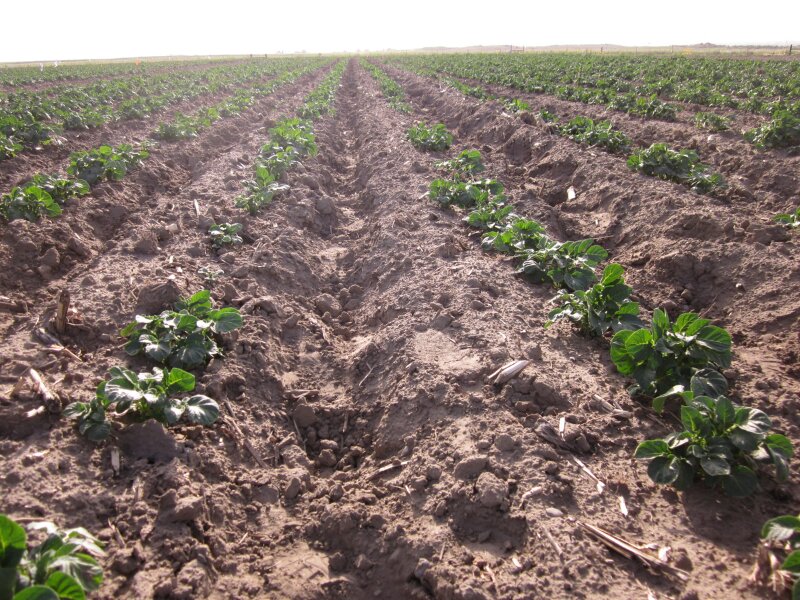When we think about growing plants, nutrients like nitrogen and phosphorus often come to mind. However, there's another nutrient that is just as important for plant growth and development, and that is potassium.

Potassium is an essential element that plays a vital role in many plant functions, including photosynthesis, protein synthesis, and water regulation. In this blog post, we'll explore the importance of potassium for plants growth, its benefits, and how to ensure your plants are getting enough of this essential nutrient.
What Is Potassium?
Potassium is a macronutrient that is needed in relatively large quantities by plants. It is typically found in soil and is absorbed by plants through their roots. Potassium is involved in several biological processes that are necessary for plant health, including:
- Water regulation
- Stomatal function
- Protein synthesis
- Enzyme activation
- Photosynthesis
- Sugar production and storage
- Disease resistance
Plants take up potassium in the form of K+ ions, which are highly mobile and can move throughout the plant.
Importance of Potassium for Plants Growth
Potassium plays a crucial role in plant growth and development. It is responsible for many physiological and biochemical processes that are necessary for healthy plant growth. Here are some of the key reasons why potassium is important for plants:
1. Enhances Plant Growth and Development
Potassium is essential for photosynthesis, which is the process of converting sunlight into energy that plants use to grow. It helps regulate the opening and closing of stomata, which are tiny pores on the surface of leaves that allow plants to absorb CO2 and release oxygen. Potassium also helps transport sugars throughout the plant, which is necessary for growth and development.
2. Improves Water Use Efficiency
Plants that are deficient in potassium are less efficient at using water because potassium helps regulate water uptake and transpiration. When plants are low in potassium, they often have smaller, shallower root systems, which can't absorb as much water, leading to water stress.
3. Increases Disease Resistance
Potassium helps plants defend themselves against diseases and pests. It strengthens plant cell walls, making them more resistant to penetration by pathogens. It also activates enzymes that fight off harmful bacteria and fungi.
4. Enhances Quality and Quantity of Yield
Potassium helps increase the size, number, and quality of fruits, vegetables, and other crops. It improves crop vigor, seed size, and production, resulting in higher yields and better-quality produce.
How to Ensure Plants Are Getting Enough Potassium
While potassium is an essential nutrient for plant growth, it's not always readily available in soil. It's important to ensure that your plants are getting enough potassium to avoid deficiencies and promote healthy growth. Here are some steps you can take:
1. Test Soil
Start by testing your soil to determine its potassium content. This will help you decide how much potassium your plants need and how often you should apply it. Soil testing kits are readily available, or you can have your soil tested by a professional lab.
2. Apply Potassium Fertilizers
If your soil is deficient in potassium, you can apply potassium fertilizers to increase its content. There are many types of potassium fertilizers available, including potassium chloride, potassium sulfate, and potassium nitrate. These fertilizers can be applied using various methods, including broadcasting, banding, and side-dressing.
3. Use Organic Sources
In addition to synthetic fertilizers, you can also use organic sources of potassium, such as compost, manure, bone meal, and seaweed. These natural sources of potassium not only provide the nutrient but also add organic matter to the soil, improving soil structure and fertility.
Conclusion
Potassium is critical for plant growth and development, and its importance cannot be overstated. It's essential for photosynthesis, water regulation, disease resistance, and yield quality and quantity. Ensuring your plants are getting enough potassium is vital to promoting healthy, vigorous growth and preventing nutrient deficiencies. By testing your soil, applying potassium fertilizers, and using organic sources of potassium, you can help your plants reach their full potential and produce bountiful harvests.